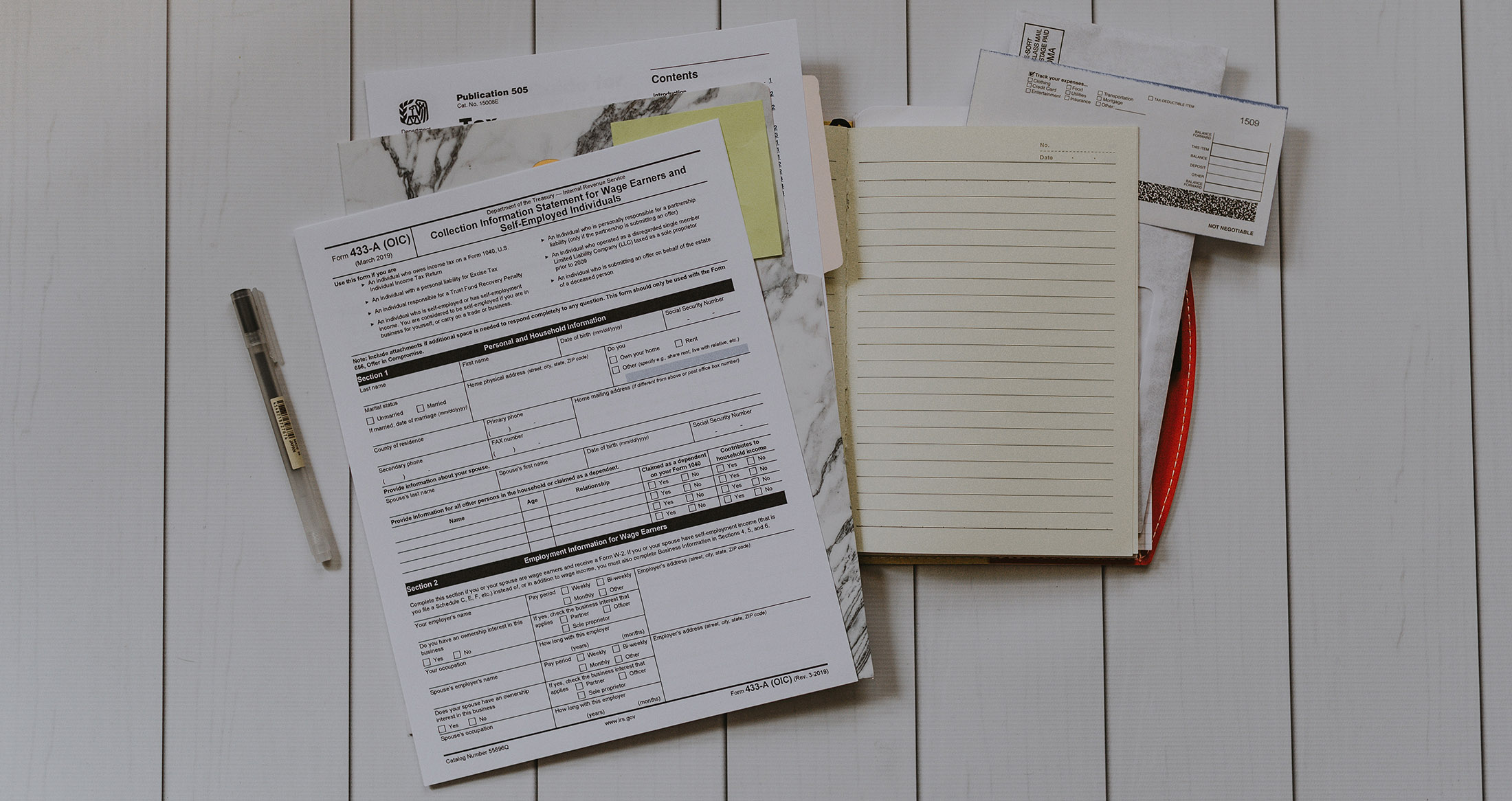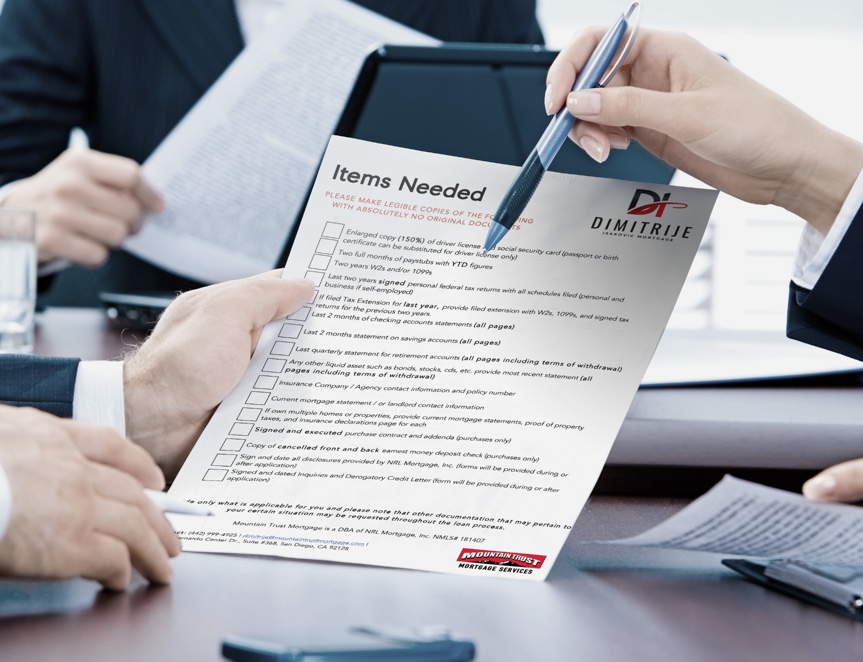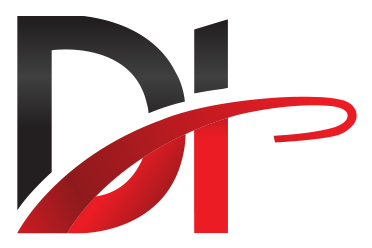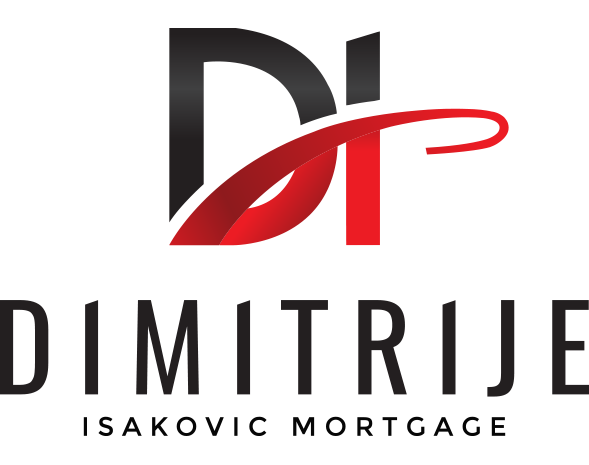What interest rate do you qualify for?

Mortgage Center
Interest Rate Quote
Interest Rate Quote
Interest rates vary from person. Find out what your best rates are today.
Mortgage Calculator
What will your monthly payments be?
Mortgage Calculator
Instantly calculate monthly payments, adjust the down payment and compare interest rates.
Home Loan Application
Are you ready to be a homeowner?
Home Loan Application
Take your first step towards homeownership and apply for a loan online today.
Loan Programs
Get competitive loan products and programs designed to fit your unique financial situation. Are you ready for homeownership?
Purchase
Refinance
First Time Homebuyer
Veterans
FHA
USDA
Reverse Mortgages
Let us show you how to convert a portion of your largest asset – your home equity- to fund your retirement needs.
203K
A 203K Loan allows homebuyers and homeowners to quickly and easily tap into cash to pay for property repairs or improvements, such as those identified by a home inspector or an FHA appraiser.
Fixed Rate Mortgage
Adjustable Rate Mortgage (ARM)
Jumbo Loans
Manufacturing Home Loans
Construction Home Loans
Standard ARMS
Several adjustable rate mortgages are available to homeowners including the 6-Month Certificate of Deposit ARM, 1-Year Treasury Spot ARM, 6-Month Treasury Average ARM and the 12-Month Treasury Average ARM.
Should you Refinance?
Refinancing is the process of obtaining a new mortgage in an effort to reduce monthly payments, lower your interest rates, take cash out of your home, or change mortgage companies. Determining your eligibility for refinancing is similar to the approval process that you went through with your first mortgage. Contact us for a free Home Refinancing Review to learn about your best options.
When should I refinance?
It’s generally a good time to refinance when mortgage rates are 2% lower than the current rate on your loan. It may be a viable option even if the interest rate difference is only 1% or less. Any reduction can trim your monthly mortgage payments. Example: Your payment, excluding taxes and insurance, would be about $770 on a $100,000 loan at 8.5%; if the rate were lowered to 7.5%, your payment would then be $700, now you’re saving $70 per month. Your savings depends on your income, budget, loan amount, and interest rate changes. Your trusted lender can help you calculate your options.
Should I refinance if I plan on moving soon?
Most lenders charge fees to refinance a loan. So, if you plan to only stay in the property for a couple of years, your monthly savings may not accumulate to recoup these costs. Example: A lender charged $1,000 to refinance your loan that resulted in saving you $50 each month; it would take 20-months to recoup your initial costs. Some lenders will charge a slightly higher than average interest rate on refinance loans, but will waive all costs associated with the loan. This will depend on the interest rate on your current loan.
How much will it cost me to refinance?
Starting with an application fee for $250 – $350, you may need to pay an origination fee typically 1% of your loan amount. In most cases you will pay the same costs you had with your current home loan for the title search, title insurance, lender fees, etc. The total sum could cost up to 2-3% of the loan amount. If you don’t have the funds to pay for associated loan costs, you can search for lenders that offer “no-cost” loans which will charge a slightly higher interest rate.
What are points?
A point is a percentage of the loan amount, or 1-point = 1% of the loan, so one point on a $100,000 loan is $1,000. Points are costs that need to be paid to a lender to get mortgage financing under specified terms. Discount points are fees used to lower the interest rate on a mortgage loan by paying some of this interest up-front. Lenders may refer to costs in terms of basic points in hundredths of a percent, 100 basis points = 1 point, or 1% of the loan amount.
Should I pay points to lower my interest rate?
Yes, if you plan to stay in the property for a least a few years. Paying discount points to lower the loan’s interest rate is a good way to lower your required monthly loan payment, and possibly increase the loan amount that you can afford to borrow. However, if you plan to stay in the property for only a year or two, your monthly savings may not be enough to recoup the cost of the discount points that you paid up-front.
What does it mean to lock the interest rate?
Mortgage rates can change from the day you apply for a loan to the day you close the transaction. If interest rates rise sharply during the application process it can increase the borrower’s mortgage payment unexpectedly. Therefore, a lender can allow the borrower to “lock-in” the loan’s interest rate guaranteeing that rate for a specified time period, often 30-60 days, sometimes for a fee.
Should I lock-in my loan rate?
It’s unsure how interest rates will move at any given time, but your lender may estimate where interest rates are headed. If interest rates are expected to be volatile in the near future, considering locking your interest rate may be good because it allows you to qualify for the loan. Or, if your budget could handle a higher loan payment, or lender’s lock fees, you may want to let interest rates “float” until the loan closing.
I've had credit problems in the past. Does this impact my chances of getting a home loan?
Even with poor credit getting a home loan is still possible. A lender will consider you to be a risky borrower and to compensate for this they will charge you a higher interest rate, and expect a higher down payment usually 20%-50%. The worse your credit history is, the more you can expect to pay.
I've only been late a couple of times on my credit card bills. Does this mean I will have to pay an extremely high interest rate?
Not necessarily, if you’ve been late with your payments less than 3-times in the past year, and the payments were no more than 30-days late, you still have a good change at getting a competitive interest rate. Most lenders will accept certain reasons for this like an illness, or job-change, but explanations are required.
How can I find the best deal?
When doing your comparison shopping for lenders consider that lenders can structure financing in many ways:
- Charge higher fees, and offer a low interest rate.
- Charge a higher interest rate with lower fees.
- Ask each lender what their interest rate is for a zero discount point loan that’s based on a 30-day or 60-day lock period.
- Ask each lender what they charge for an origination fee.
- Ask each lender what they typically charge for a loan, i.e. fees for brokers, processing, underwriting, etc.
Should I choose the lender with the lowest interest rate and costs?
There are two important things to consider when choosing one lender over another one:
- Quality of Service – Especially for first-time homebuyers who will have many questions about the total financing process and available loan options. Finding a lender with outstanding service skills that you trust will comfortably guide you every step of the way, so ask questions, even before you fill-out an application.
- Cost of Services – It’s good to ask potential lenders upfront what they charge for their services and any fees involved. They should be able to give you facts and get you through the financing process so that you feel confident knowing that you made a good decision by choosing them.
Home Loan
Document Checklist
What documents do you need to apply for a home loan?

Free Rate Quote
Mortgage Rates change almost every day and they vary from person to person. Fill out this quick form for a custom rate quote.


